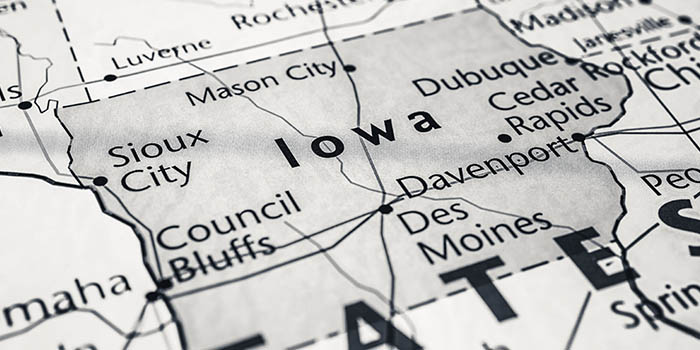Fact-checked by Stoyan Todorov
Meta Faces Fresh Backlash Over Gambling Ads Targeting At-Risk Audiences
A recent report reveals that betting companies are passing customer data to Meta through tracking tools such as Meta Pixel, often without obtaining users’ consent

Meta, which owns Facebook and Instagram, is getting heat again for how it deals with gambling ads. A new report from the UK group Open Rights Group points out big issues with Meta’s ad rules. The report shows how gambling ads still reach people who might be at risk even though rules and platform limits exist to stop this.
Betting Firms Share User Data with Meta, Fueling Wave of Gambling Ads
The report shows that betting companies are sharing customer information with Meta through tracking tools like Meta Pixel often without asking customers first. This lets Meta gather detailed data about people who visit betting websites, including what they do and look at online. This means many users, some who might have gambling problems, end up seeing tons of betting ads across Meta’s platforms.
What is concerning is that these ads are not just from the betting sites that people visited. The data-sharing allows other advertisers to target these users, too, creating a never-ending stream of gambling content in their social feeds. The report found that many betting sites sent user data to Meta as soon as a page loaded, skipping any clear permission steps.
Some people say this method puts at-risk groups in danger. Those getting over gambling problems might get pulled back in by always seeing ads, making it harder to stay away from gambling. In addition, watchdogs have already told off some betting companies for sharing data they should not have. In one big case, a person who used to gamble too much won in court after allegations that Sky Bet used his personal information to send him gambling ads without asking first.
Meta Under Fire for Tougher Rules on Gambling Warnings Than Gambling Ads
The debate gets even hotter when you look at how Meta deals with gambling ads versus ads that try to warn people about gambling problems. People fighting against gambling point out that Meta puts gambling warning ads in the “political advocacy” box, which means they have to follow strict rules about being open. However, ads that promote gambling do not face as many limits. This creates a situation where it is pretty easy to advertise gambling, but it is harder to get the word out about the risks of gambling.
Another issue that raises eyebrows involves “social casino” games, apps that copy gambling but do not give out cash prizes. These games, which Meta platforms often push hard, let users buy in-game credits with actual money. While they dodge the rules that apply to regular gambling ads, experts caution that these games can still create addictive habits and use player data to target ads.
People fighting for digital rights now want regulators to keep a closer eye on how Meta deals with gambling-related ads. They stress the need for strong safeguards to protect at-risk users from pushy and damaging marketing tactics.
Silvia has dabbled in all sorts of writing – from content writing for social media to movie scripts. She has a Bachelor's in Screenwriting and experience in marketing and producing documentary films. With her background as a customer support agent within the gambling industry, she brings valuable insight to the Gambling News writers’ team.

















